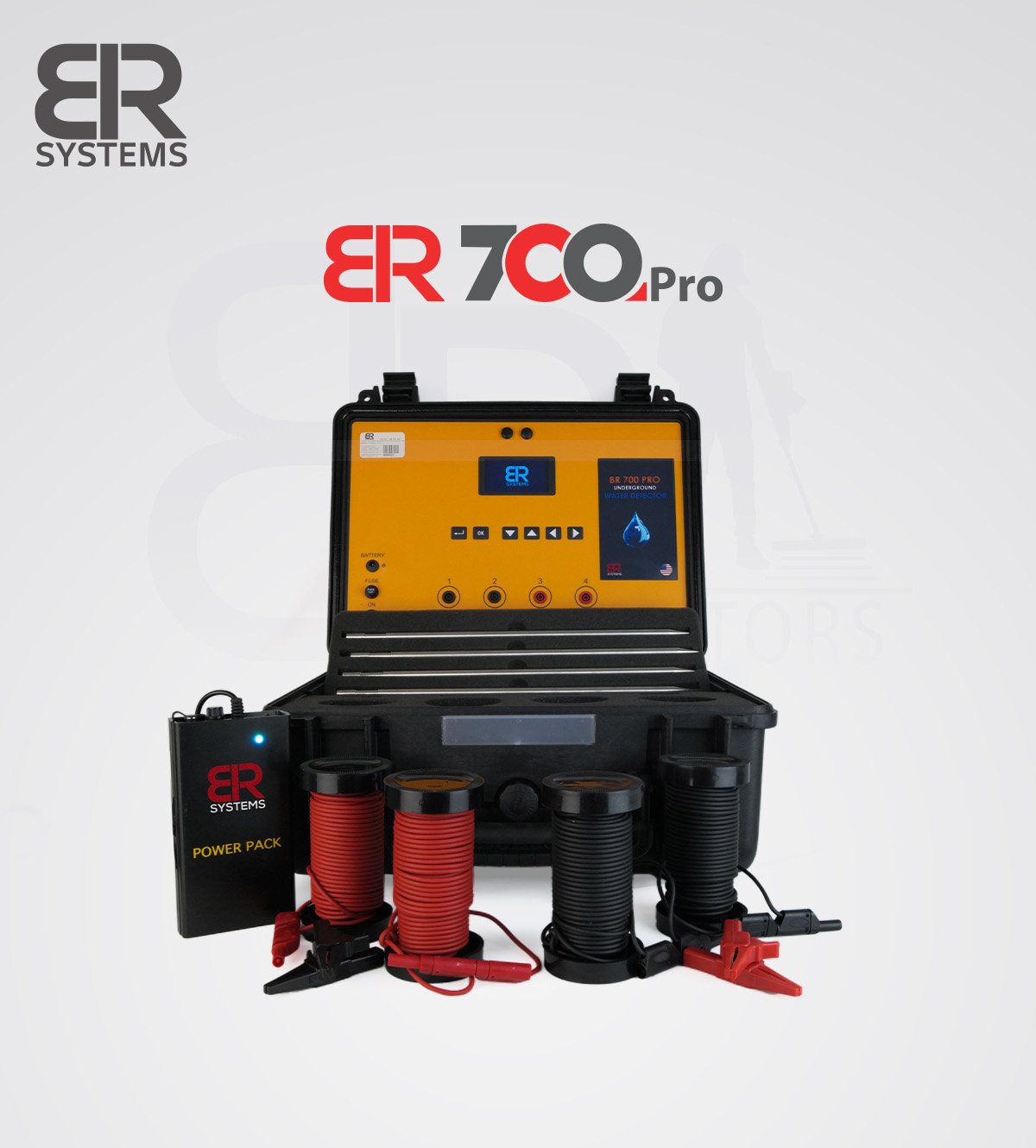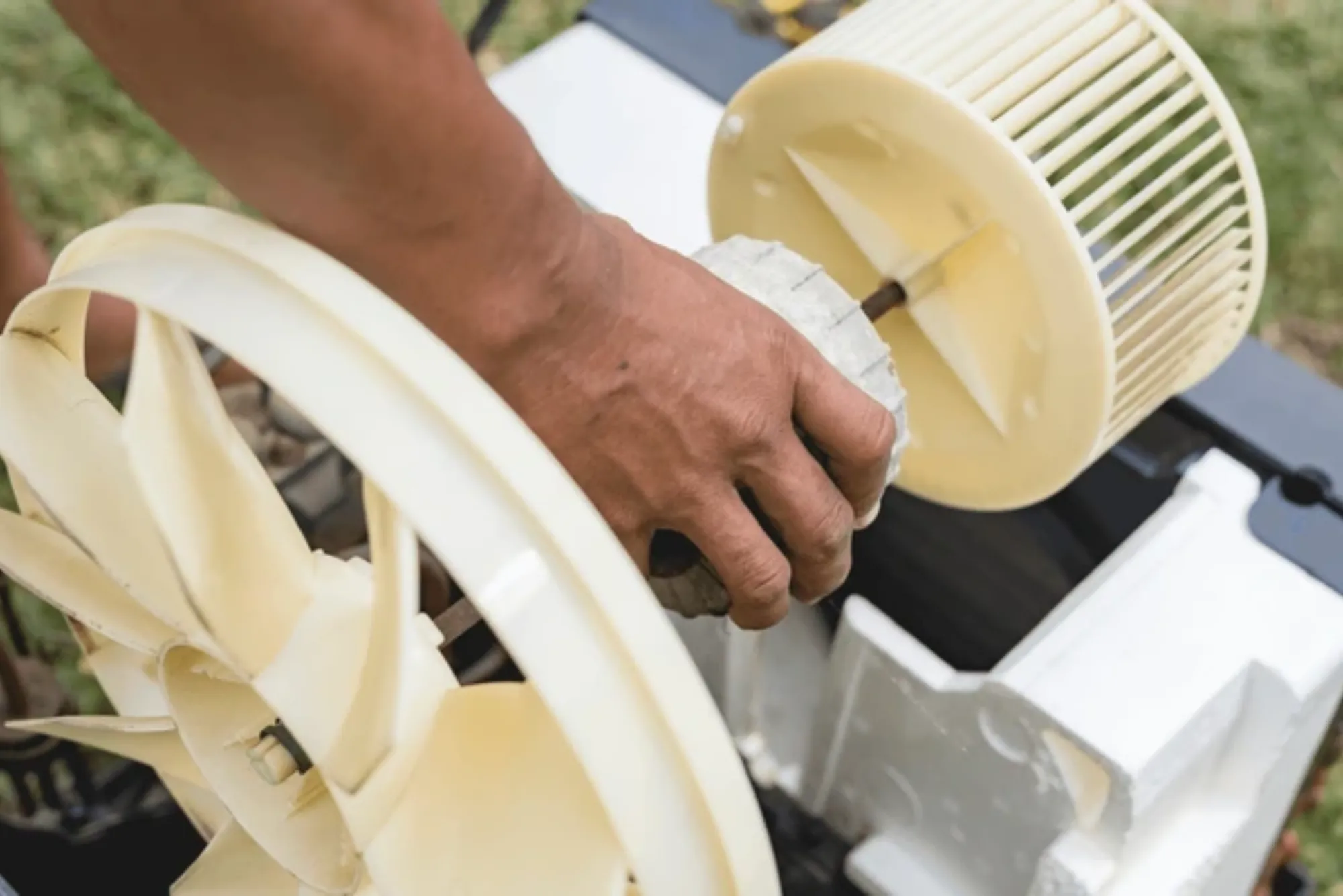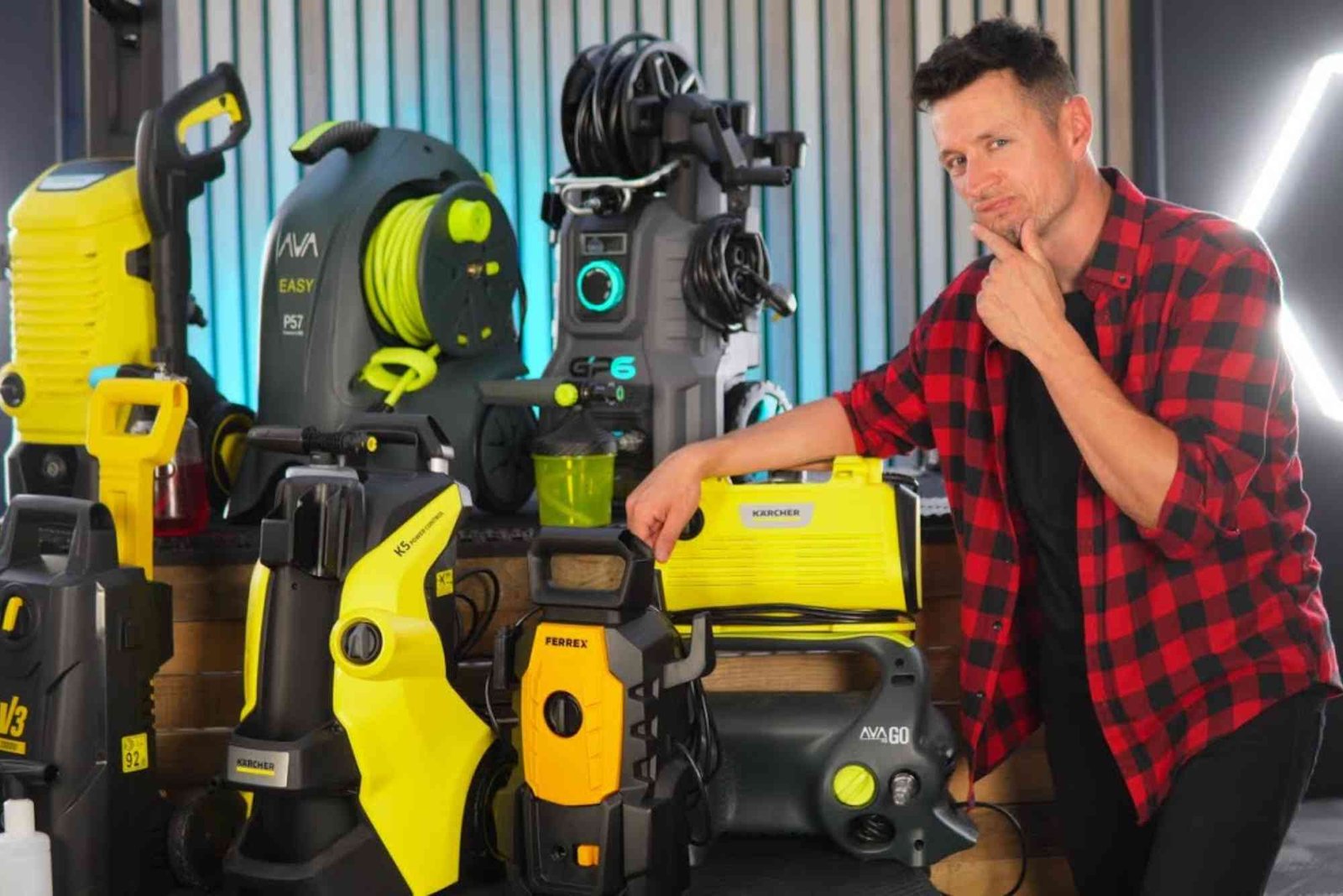Water scarcity is a growing concern across many regions of the world. Farmers, landowners, and even governments often rely on technology to locate reliable underground water sources before drilling costly wells. This is where specialized detection devices come into play. An underground water detector machine is designed to identify the presence of groundwater and estimate its depth. But how accurate are these machines in real-world conditions?
In this article, I’ll share an expert-level look at how these machines work, what factors influence their accuracy, and why some modern equipment has become a trusted tool for professionals working in agriculture and geology.
Understanding the Technology Behind Accuracy
An underground water detector machine typically uses geophysical principles to analyze subsurface conditions. The technology can vary—some devices employ resistivity methods, while others rely on advanced radar or frequency-based systems. These tools don’t magically see water; instead, they measure variations in soil and rock conductivity, density, and moisture levels to predict where water is most likely to be found.
The accuracy of such a machine depends on the technology used, the operator’s experience, and the environmental conditions. In mineral-rich or highly conductive soils, for example, even advanced detectors can produce misleading signals. Yet, in balanced conditions, these machines often deliver results accurate enough to guide professional drilling operations and save significant costs.
Field Reliability and the BR 700 Pro
In real-world use, accuracy is judged not just by scientific principles but by successful outcomes in the field. Professional users often turn to advanced models like the BR 700 Pro, which combines deep-penetrating detection with multiple filtering systems. This machine is designed to reduce interference from surrounding minerals and provide more precise readings of water depth and location.
The BR 700 Pro has earned a reputation among drilling companies and farmers because of its ability to distinguish between different layers of soil and aquifers. While no detector can guarantee 100% accuracy, this model has proven to significantly improve success rates in borehole drilling by narrowing down the best spots to dig.
Environmental Factors That Influence Accuracy
Even with advanced technology, environmental conditions can impact results. Rocky terrain, high mineral content, and soil composition can either mask or exaggerate signals. In some cases, groundwater that flows intermittently or exists in very small quantities may not be picked up clearly.
This is why professionals emphasize the importance of combining detector readings with geological surveys and local knowledge. When the data aligns, the chances of finding a sustainable water source increase dramatically.
Operator Skill and Training
Another factor that determines accuracy is the skill of the operator. These machines, although sophisticated, still require proper calibration, understanding of settings, and interpretation of signals. An inexperienced user may misinterpret data and drill in the wrong location, leading to wasted resources. Trained operators, however, know how to adjust sensitivity, read soil conditions, and cross-check signals to achieve more reliable results.
Many suppliers of professional detectors offer training sessions, and investing time in learning the machine’s functions pays off in the long run. Accuracy improves dramatically when human expertise works in harmony with the technology.
Long-Term Value of Water Detector Machines
Although some may question the upfront investment in these machines, their value becomes clear when compared to the costs of failed drilling attempts. Drilling a dry borehole can be extremely expensive, especially in regions where resources are limited. By improving the chances of success, detector machines save both money and effort.
Over time, many users find that their investment in a high-quality machine pays for itself by reducing errors and ensuring water access for agriculture, households, and commercial operations.
Conclusion
So, how accurate is an underground water detector machine? The answer is that accuracy depends on multiple factors—technology, soil conditions, and user expertise. While no detector offers perfect certainty, advanced equipment like the BR 700 Pro demonstrates that modern machines can achieve impressive reliability when used correctly. For farmers, land developers, and water resource planners, these machines have become indispensable tools, providing guidance that reduces risks and improves outcomes.










